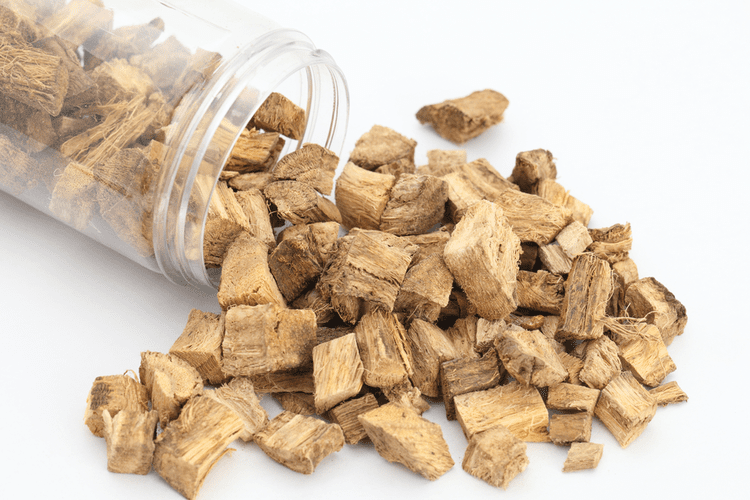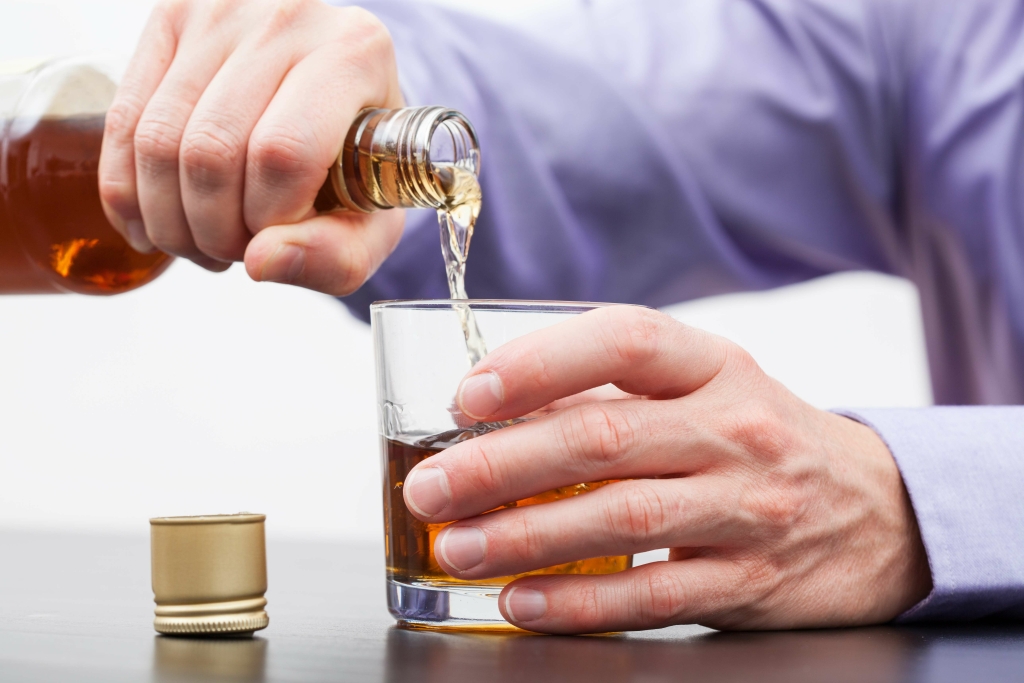For example, an inebriated person may concentrate on a friendly smile rather than the risk of driving home with a stranger. The theory suggests that people make illogical, simple decisions in complex situations. The purpose of many drinking events, such as happy hours, is to foster social bonding. You might say that you have stomach problems or feel the flu coming on when you really have a hangover. Recently, you’ve noticed that you feel irritable and a little shaky until you have that first drink. Therefore, you started drinking earlier in the day – at a restaurant during lunch, of course.
Seeking Help for Alcohol Addiction
- The authors point to the many alcohol-related social attractions and potential harms as an example that may be repeated with other once-illicit substances like cannabis that are now gaining social acceptance.
- Recovering alcoholics may still experience triggers and cravings that even small amounts of alcohol can intensify.
- Although not all binge drinkers are alcoholics, their pattern of extreme drinking is just as dangerous.
- AUD is a chronic condition marked by an inability to manage alcohol use, even when it leads to significant negative consequences in one’s life.
You may have heard that “everyone is an alcoholic at some point in their lives.” It’s not a universally true statement, but there is some truth to it. According to the National Institute of Alcohol Abuse and Alcoholism, approximately 72% of people experience a period of excessive drinking in their lifetime. Alcoholics often have a physical dependency, so while quitting drinking “cold turkey” is possible, it’s difficult. Moreover, it may be dangerous depending on a person’s consumption level.
How Can I Help Someone with Depression and Alcoholism?
In this context, the word “proof” derives from an English tradition dating back to the 1500s. If the pellet lit up, the liquor was deemed a “proof spirit” because the official had “proof” that it contained a high amount of alcohol. They prioritize their personal safety and that of others by exercising self-awareness and restraint.
Harmful effects of long-term alcohol use

Many social drinkers don’t become alcoholics and can control when they drink or not. They typically only drink in social settings and never engage in binge drinking. Conversely, alcoholism is a progressive disease in which someone has extreme difficulty not drinking. Low-risk drinking is often https://ecosoberhouse.com/ called “social drinking” or “moderate drinking.” Individuals who fall into this category typically don’t have a problem controlling their intake and only consume seven or fewer drinks a week. While social drinking is often viewed as a harmless activity, it carries potential health risks and negative consequences that can impact individuals and society. The National Institute on Alcohol Abuse and Alcoholism highlights that heavy drinking can lead to serious health issues such as liver inflammation, pancreatitis, and increased cancer risks.

If you feel as though your social drinking or that of a loved one has lead to alcohol abuse, treatment is available. At Gateway, what is social drinking our evidence-based alcohol addiction programs offer hope and healing. If you would like to learn more, we invite you to contact us today. Drinking problems often develop in your late teens or early twenties and are highly influenced by peer pressure. This may involve binge drinking every weekend, regularly blacking out or finding yourself in an alcoholic stupor for days at a time.
- Click on the state you are interested in, and you’ll get a list of the best centers in the area, along with their levels of care, working hours, and contact information.
- Early intervention often leads to better outcomes, and many people successfully manage their addiction with the right support and resources.
- Heavy drinking poses immediate health dangers like alcohol poisoning, which is a critical condition requiring urgent medical attention.
- The social drinkers were also more likely to involve everyone in these conversations.
However, drinking doesn’t disrupt their life or create serious physical, mental or personal problems. Although most social drinkers don’t become alcoholics, there are risks involved. Alcoholism occurs over a period of time and involves many factors.
- These programs typically address both the physical and psychological aspects of addiction, ensuring a holistic approach to recovery.
- Navigating the line between social drinking and alcoholism can be tricky.
- People who transition from social drinkers to problem drinkers may be able to stop without assistance, but they may find that it’s too big of a challenge to conquer on their own.
- Their drinking causes adverse consequences in their lives, yet they continue to drink.
The dangers of ‘social drinking’ and how it can lead to alcoholism are often underestimated. What starts as an occasional treat can slowly turn into a dependency drug addiction treatment if not watched carefully. Encourage them to talk about any issues they may be facing and listen attentively. Offer to help them find professional support, such as a counselor or a support group.
This is when you find yourself drinking more frequently, needing more alcohol to feel relaxed, or using drinking as a way to cope. It’s a slippery slope that can link alcoholism and mental illness. Stay aware of your habits and seek help if your casual drinking starts feeling compulsory.